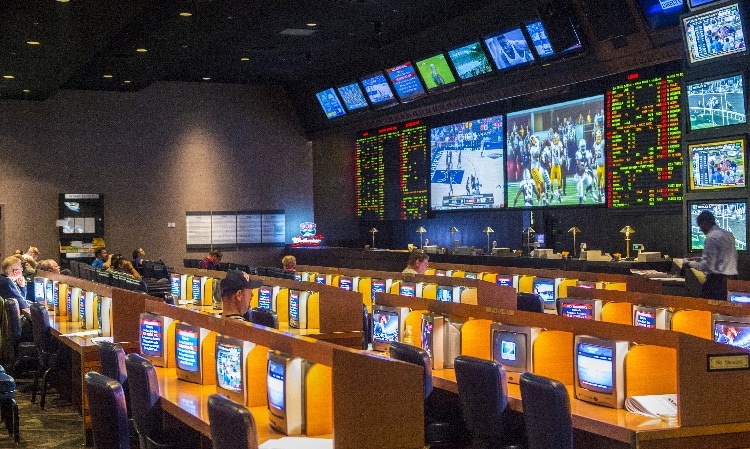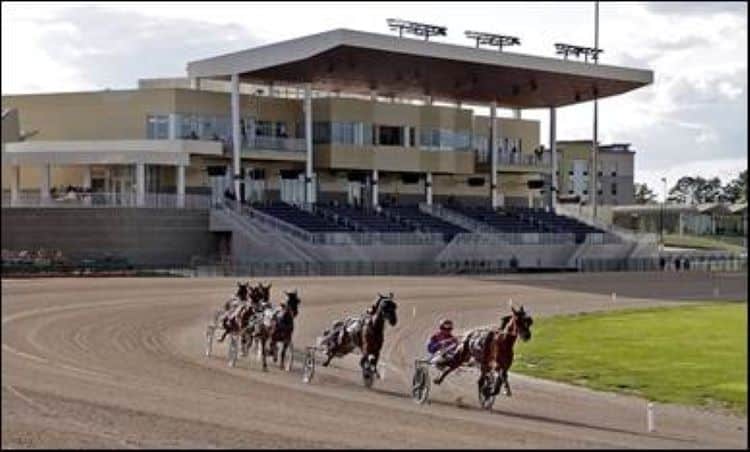The Ohio Casino Control Commission (OCCC) is seeking a second round of comments from stakeholders on its third batch of sports betting rules.
The OCCC’s latest request for comments concerns involuntary exclusions, Type-C entity licensing, the Voluntary Exclusion Program (VEP), and responsible gambling plans. These actions come only a few days after the OCCC shared stakeholders’ initial comments concerning Batch 3.
Gov. Mike DeWine signed HB 29 into law on Dec. 22, legalizing sports betting in Ohio. Yet wagering isn’t expected to actually take place in Ohio until later this year, as the law states that legal sports betting must be launched by Jan. 1, 2023.
Updated proposed rules
Most of the proposed updates for this round of comments concern rules related to responsible gambling plans.
To wit, a rule was added concerning involuntary exclusions from sports gambling which states, “A sports gaming proprietor must monthly notify the commission, in a manner prescribed by the executive director, if the sports gaming proprietor excludes an individual because the sports gaming proprietor determines that the individual engaged or attempted to engage in any sports gaming related activity that is prohibited under chapter 3775, of the Revised Code and the rules adopted thereunder.”
A rule was also added into the VEP section that grants the OCCC permission to disclose information from the Ohio VEP and any legacy VEP programs to one or more research organizations selected by the OCCC for “evaluating the effectiveness and ensuring the proper administration of the Ohio VEP.”
The OCCC also updated the rules concerning scenarios in which VEP participants violate the terms of the program. The revisions state that any prizes won or attempted to be claimed by a VEP participant found to be in violation of the program will be seized, while assets won through casino gaming will be deposited into the state problem gambling and addictions fund. Meanwhile, seized assets won from sports betting are to be deposited into the problem sports gaming fund.
"Batch 3" just dropped in Ohio. @hoosier3232 on the Ohio Casino Control Commission releasing its third set of proposed sports betting rules: https://t.co/dK5x5iJLDy pic.twitter.com/0Z5V4IW7gC
— US Bets (@US_Bets) February 4, 2022
Addressing VEP scenarios
The updated rules also address concerns about any scenarios in which VEP participants are eligible to receive winnings from a placed wager. It states that an individual who has completed the VEP application and has placed a wager that is not yet decided still has the right to receive the amount due as a result of any pending wager winning. It also explains that no pending sports wager may be voided or canceled by either party due to a participant’s enrollment in the VEP program.
In the responsibilities of excluded entities or facilities section, updated rules state that casino operators must immediately notify the OCCC if a VEP participant is found on the property. The rules also state that each excluded entity or facility is required to provide to the OCCC a monthly report of the number of participants in the VEP who were not allowed entry or permitted to sign into an online sports pool.
Rules have been submitted in batches according to subject matter, and stakeholders are given the opportunity to review and comment on the rules twice before the formal statutory process starts. The OCCC requested in mid-February a second round of comments from stakeholders concerning its second batch of sports gaming rules.
Any written comments by stakeholders concerning the second round of comments for the third batch of proposed rules must be submitted to [email protected] by 5 p.m. on March 11.








